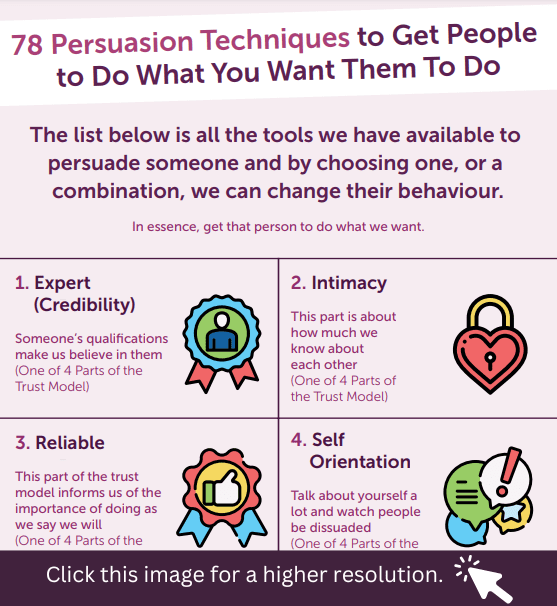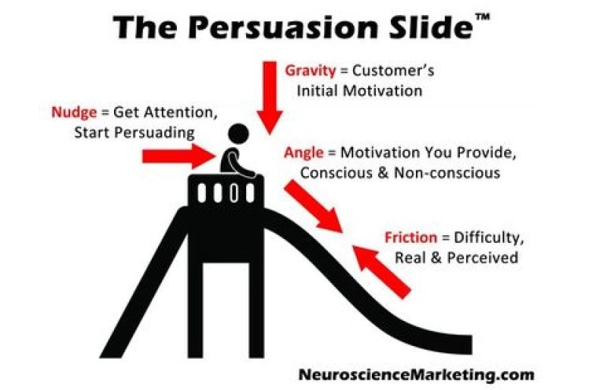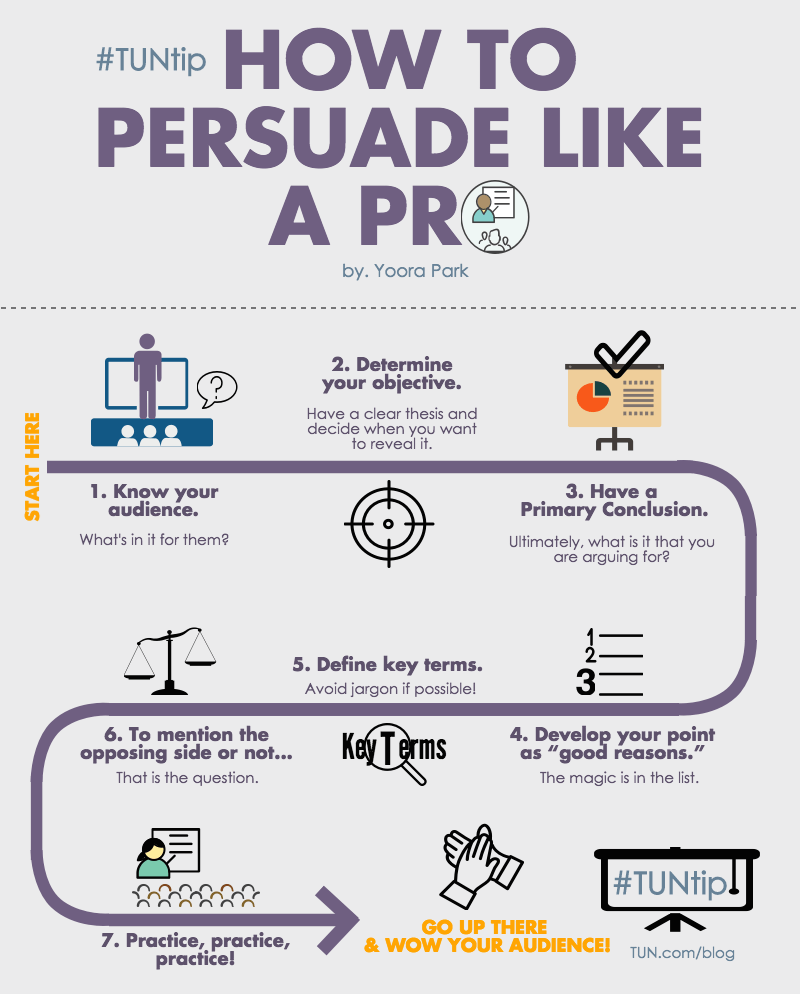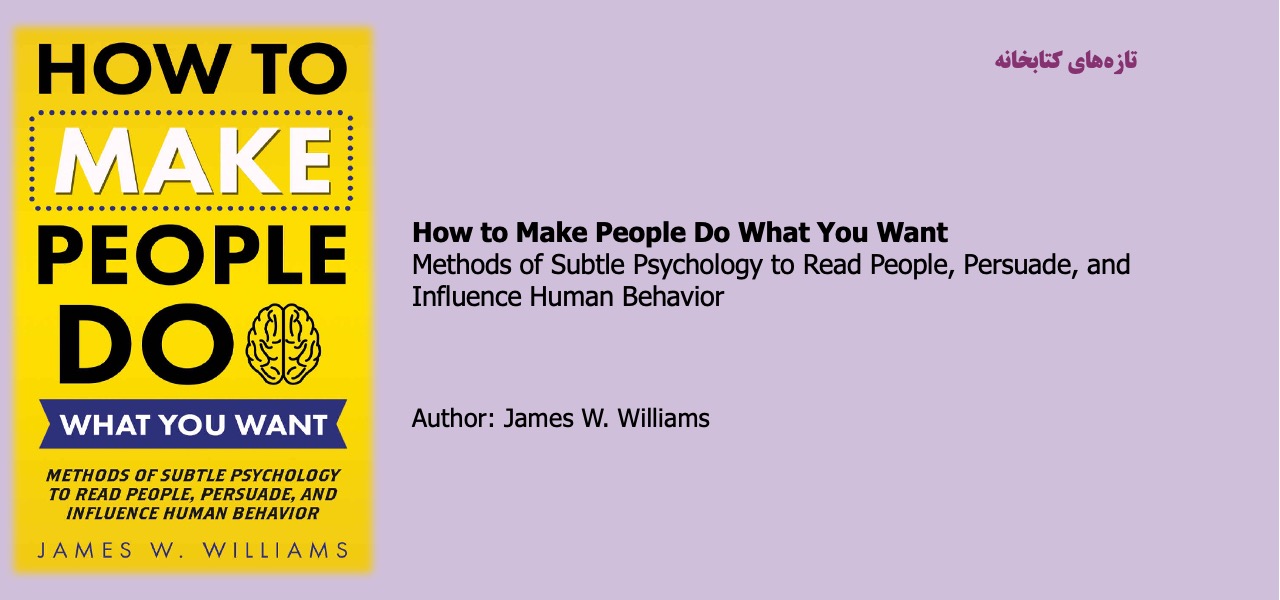How To Convince People To Do What You Want

In a world saturated with information and competing agendas, the ability to influence others is more critical than ever. From boardrooms to classrooms, families to friendships, the power to persuade shapes decisions and outcomes.
But influence isn't about manipulation; it's about understanding human psychology, building rapport, and presenting compelling arguments. Mastering these skills can unlock opportunities and foster collaboration, but misuse can erode trust and damage relationships.
This article explores the science-backed strategies for effectively influencing others while maintaining ethical integrity.
The Science of Persuasion
At its core, persuasion relies on understanding the psychological principles that drive human behavior. According to Dr. Robert Cialdini, a Regents' Professor Emeritus of Psychology and Marketing at Arizona State University, and author of the seminal work "Influence: The Psychology of Persuasion," several key principles are at play.
These include reciprocity, scarcity, authority, consistency, liking, and consensus. Understanding how these principles operate can significantly improve your persuasive abilities.
Reciprocity: Giving to Get
The principle of reciprocity suggests that people feel obligated to return favors and acts of kindness. Offering something of value upfront increases the likelihood of compliance with a subsequent request.
This could be as simple as offering help with a task or providing valuable information. Before asking for a favor, consider what you can offer the other person.
Scarcity: The Power of Limited Availability
People are more likely to want something when they believe it is scarce or in limited supply. Highlighting the unique benefits or limited availability of your proposal can increase its appeal.
For example, framing a deal as "limited-time only" can create a sense of urgency and encourage immediate action. Be careful not to manufacture scarcity artificially, as this can damage your credibility.
Authority: Establishing Credibility
People tend to defer to experts and those in positions of authority. Establishing yourself as a knowledgeable and trustworthy source can significantly enhance your persuasive power.
This can involve citing credible sources, sharing relevant experience, or highlighting your qualifications. Even something as simple as wearing professional attire can influence perceptions of authority.
Consistency: Aligning with Past Actions
People have a strong desire to be consistent with their past statements and actions. Getting someone to commit to a small request can make them more likely to comply with a larger request later on; this is known as the foot-in-the-door technique.
Start by asking for something small and easy to agree with, then gradually escalate to your desired outcome. This creates a sense of momentum and encourages consistent behavior.
Liking: Building Rapport
People are more likely to be persuaded by those they like. Building rapport and establishing common ground are crucial for effective persuasion.
This involves actively listening, showing empathy, and highlighting similarities between yourself and the other person. Finding common interests and expressing genuine appreciation can foster positive relationships.
Consensus: The Power of Social Proof
People often look to others to determine how to behave, especially in uncertain situations. Demonstrating that others have already adopted your proposal or taken the desired action can be a powerful persuader.
Testimonials, case studies, and statistics showcasing positive outcomes can provide social proof and alleviate concerns. For example, showing that a product has thousands of positive reviews encourages trust.
Ethical Considerations
While the principles of persuasion can be highly effective, it's crucial to use them ethically. Manipulation and coercion can damage relationships and erode trust.
Always be transparent about your intentions and avoid using deceptive tactics. Persuasion should be about presenting compelling arguments and fostering mutual understanding, not forcing compliance.
As Professor Cialdini notes, the most effective persuasion is that which benefits both parties. When you can demonstrate that your proposal is in the best interest of the other person, you are more likely to gain their support.
Beyond the Basics: Active Listening and Emotional Intelligence
Effective persuasion goes beyond simply applying psychological principles. Active listening and emotional intelligence are equally important.
Truly understanding the other person's perspective, needs, and concerns is essential for crafting persuasive arguments. Pay attention to their verbal and nonverbal cues, and ask clarifying questions to ensure you're on the same page.
Emotional intelligence involves recognizing and managing your own emotions, as well as understanding and responding to the emotions of others. This skill can help you build rapport, navigate conflict, and tailor your communication style to effectively connect with your audience.
Conclusion: A Skill for Life
The ability to influence others is a valuable skill that can enhance both personal and professional success. By understanding the science of persuasion, practicing ethical communication, and developing emotional intelligence, you can become a more effective and influential communicator.
Remember, influence is not about control; it's about collaboration and creating mutually beneficial outcomes. As we move forward, the ability to ethically persuade will become increasingly crucial in navigating a complex and interconnected world.


















